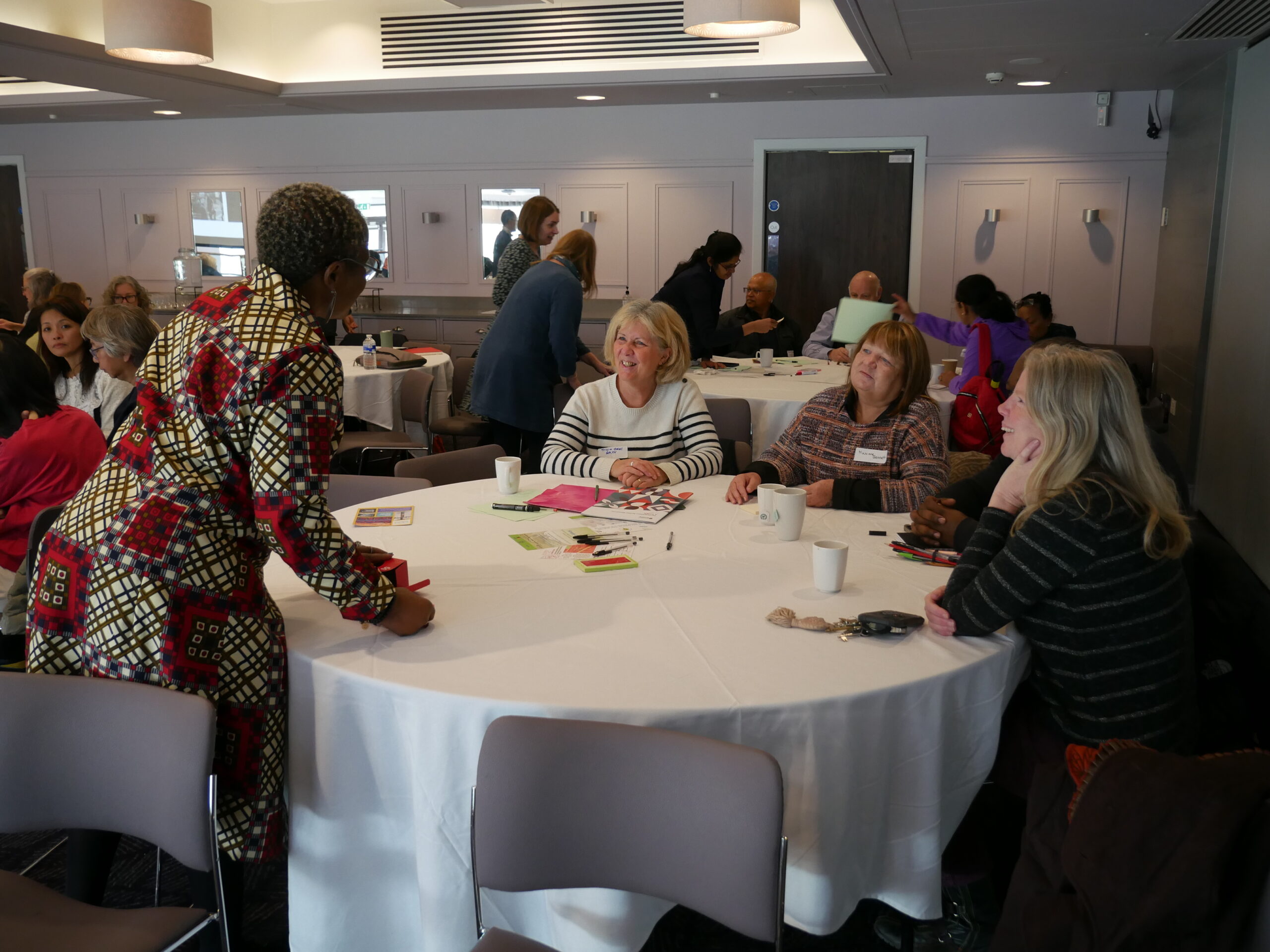We are working with the British Science Association (BSA) to pilot a new approach to community-led research in Reading and Slough funded by UKRI. The project aims to put communities at the heart of research, exploring the issues that matter to them. It is supporting local community groups to develop their own research agenda on broadly science-based topics, working with researchers from the University to help bring their projects to life. Working with groups who are traditionally under-represented in research, the pilot aims to make research and science more accessible, and to highlight the value that local knowledge and experience can bring to research, improving its quality and relevance.

In 2023, the project team worked with Reading Voluntary Action (RVA), Slough Council for Voluntary Services (SCVS) and a team of community researchers to reach out to local groups who would like to develop a research project to explore a broadly science-based theme, issue or idea that is important to their local community.
In 2024, researchers from the University are working with the following groups to develop their projects:
Six community groups based in Reading and Slough are working with the British Science Association (BSA) and the University of Reading to explore research questions of direct relevance to their local areas.
The project is designed to make research and science more accessible and inclusive, and to address community needs, interests and priorities.
The successful community groups, often representing traditionally underrepresented communities, are working with researchers to design and implement local research projects linked to science. Each group has been given a grant of more than £9,000 to spend.
The six community research projects are:
- Together as One, a youth-led charity in Slough, is investigating the potential positive effects of participating in urban beekeeping on young people’s mental wellbeing, working with Professor Ciara McCabe, from the School of Psychology and Clinical Language Sciences and PhD student Sena Demir Kassem.
- Slough Anti-Litter Society is studying local attitudes towards littering and how to develop strategies to encourage sustainable behaviour and hold businesses to account. They are working with Professor Keiichi Nakata (Henley Business School) and Dr Rosa Walling-Wefelmeyer (Law).
- Reading HongKongers CIC are investigating the impacts of community gardening on belonging, identity, cohesion and mental wellbeing, as well as exploring the possibility of cultivating native Hong Kong plants and crops in Reading, working with Reading crop scientist Dr Deepti Angra and soil scientist Dr Sarah Duddigan.
- TRIYBE, an anti-racism group in Reading are looking at the chemicals in commonly-used black hair products and their impact on health and cultural identity, working with researchers Symiah Barnett from Loughborough University and Dr Tamanda Walker from the University of Leeds.
- The Engine Room Sound Laboratory in Reading is exploring the sound of emotions through concrete, the impact of colours on wellbeing and the effects of noise on concentration with the University’s Diversity & Inclusion adviser, Ceara Webster and architecture student Annet Twinokwesiga.
- The Integrated Research and Development Centre aims to enhance gardening practices through Nepalese customs, composting management, and food waste recycling, working with environmental scientist Professor Hong Yang and crop scientist Dr Deepti Angra.
For more information contact Dr Alice Mpofu-Coles (alice.mpofu-coles@reading.ac.uk) or Dr Sally Lloyd-Evans (s.lloyd-evans@reading.ac.uk).
